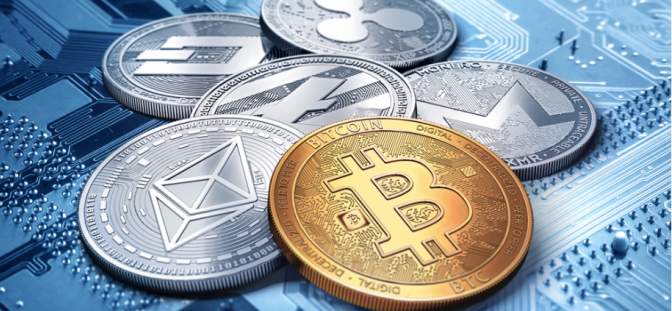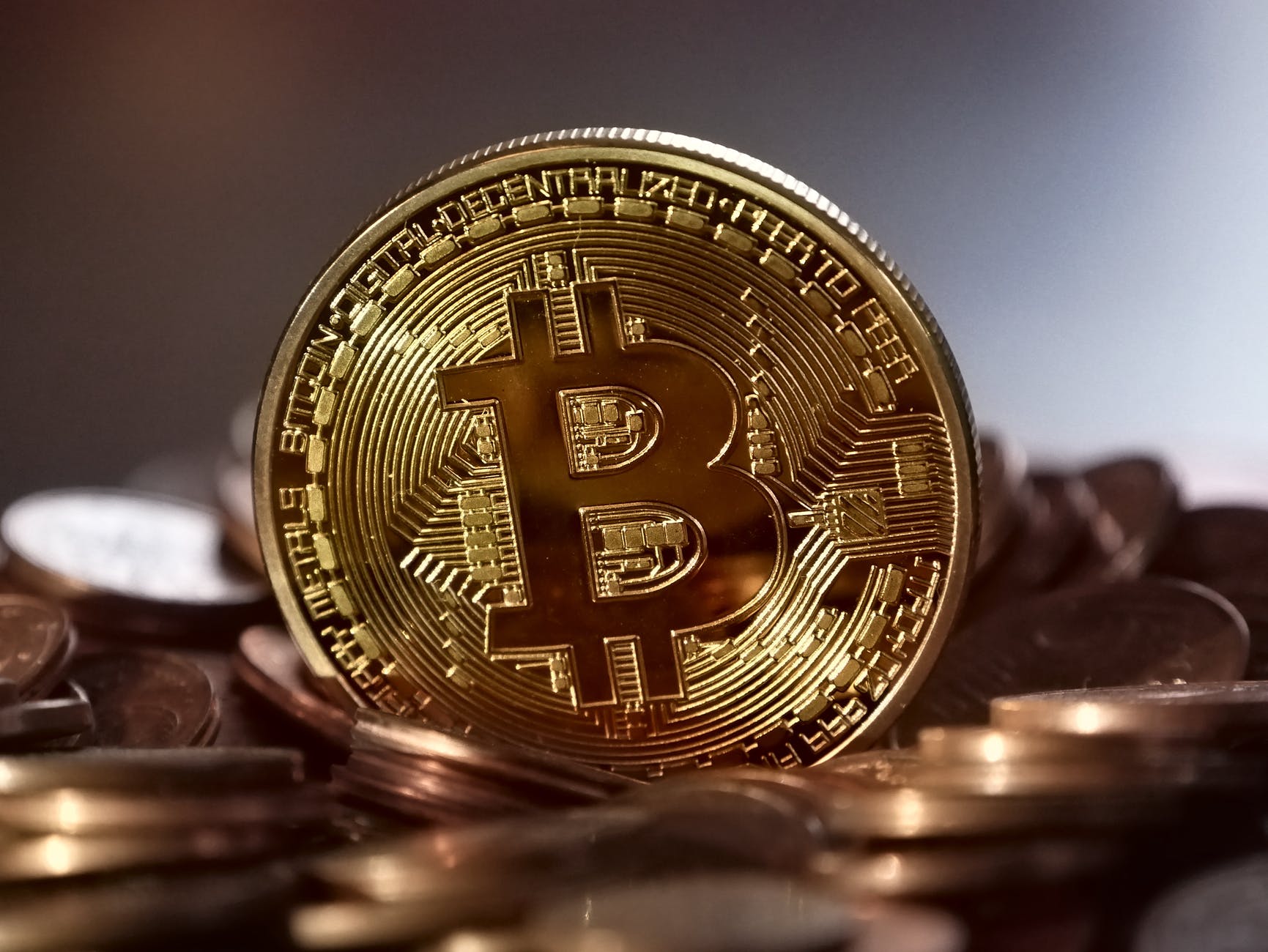6 Helpful Trading Tools That You Can Find Online
Trading is a volatile practice that deals with drastically changing statistics, numbers, and variables. Of course, it also deals with a significant amount of money, and such changes mean there is a lot to be made or lost. If you are not careful with how you approach trading, you could be on the wrong end of some enormous swings. In order to stay ahead of the curve, it is important that you equip yourself with the right tools. Here are 6 helpful trading tools to look for online.
Stock Charting Software
In order to trade effectively, you will need a variety of tools to get you started and ready to trade. One of the key tools you want to set yourself up with is charting software. This will be a tool that you use as you increase your time and energy trading. Charting is important as it allows you to see patterns with stocks, and make the necessary predictions in order for you to buy and sell at optimal times.
Stock Informational Sites
There are many different programs, software, and websites to consider when you are trading that provide you a wide variety of benefits. In addition to simple charting programs, it is important that you look at what different utilizations each tool provides you. Some informational sites are great in terms of their UI or user interface to help inform you regarding different stocks and markets. Certain layouts and options like heat maps can provide crucial data regarding the stocks you are trading to give you a better idea and larger picture of the status of the market, providing you a sense of whether the market is up or down, and impacting your direction for your trades.
ThinkScript Program
One key tool that you want to consider when you are trading is a customizable development and programming tool to help you develop your own important programs for trading. You will want to consider developing, coding, and scripting a program, through an accessible download link, as a way to create programs that will help you analyze and study stocks, develop strategies, organize your stock data, and sort them into lists that you will want to closely watch in order to capitalize on optimal timing and pricing. As you continue to grow in your trading strategies, you will be able to hone your skills and become more efficient in your day trading profession.
Financial News Sites
Part of the tools that you want to include in your portfolio or ensure that you have access to while you are trading is any reliable news site when it comes to financial information. You want to ensure that you are able to keep up with all the updates and relevant information as it comes up and pertains to different stocks, as this can easily swing prices, creating buying opportunities and selling windows. Without the latest information, making moves and predictions is difficult.
Learning Resources
Trading stocks is an ever-growing and always progressing career. There are plenty of things to learn as time goes on, and it is up to you to keep up with all the information and maintain your knowledge in such markets. Early on, you want to ensure that you have access to learning resources that will teach you the key terms and concepts that you need to establish your core understanding. This will formulate the success and outcomes of your future trading endeavors. As markets evolve and upgrade, you want to continue to maintain those open channels of education to ensure that you never lose your competitive edge when it comes to trading.

Trading Apps And Broker Platforms
One of the most important tools you need is the right broker and trading platform. Choosing the right platform for you is key, as it will translate to a various number of factors that will come into play as you trade. This will include costs of trading and broker fees, but this is important as those will be necessary to ensure that you are trading on the most reliable and efficient platforms. The trouble with some free apps or platforms is that they are not as quick to input certain trades, and for a day trader where every second counts in order to maximize profits or minimize losses, you want to ensure that the systems you trade on are going to be fast and reliable. Consider what options are out there to make the best decision for your trading needs.
You need to ensure that when you are trading, you give yourself as much of an advantage as possible. Every trade could mean hundreds, thousands, and even millions of dollars in difference. Learn and consider different tools for your trading needs and customize your strategies to guarantee that you are confident with every trade you make.













